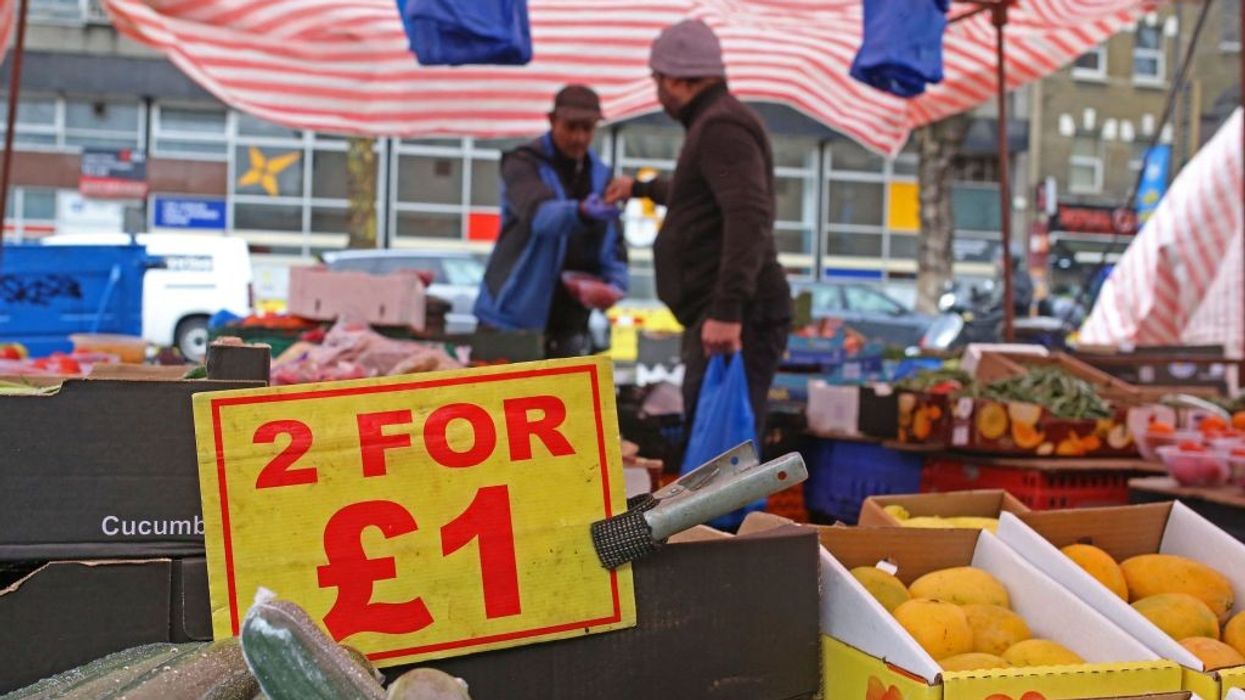Official data released on Wednesday (19) revealed that consumer price inflation in Britain remains the highest in western Europe, even though it fell by a smaller margin than expected in March, from 10.4 per cent in February to 10.1 per cent.
Economists surveyed by Reuters had predicted a drop to 9.8 per cent for the annual CPI rate in March, but the actual figure still erodes the purchasing power of workers with stagnant wages.
Austria had posted a higher inflation rate in February, but Britain was the only country in western Europe to report a double-digit figure for last month.
The data are likely to bolster bets that the Bank of England will again raise interest rates next month after core inflation - which strips out volatile energy and food prices - failed to fall as expected in March and instead held at 6.2 per cent.
"These figures reaffirm exactly why we must continue with our efforts to drive down inflation so we can ease pressure on families and businesses," finance minister Jeremy Hunt said.
The Office for National Statistics said the price of food and non-alcoholic drinks rose by 19.1 per cent in annual terms in March - the biggest such increase since August 1977.
Last month the BoE said it expected inflation to "fall significantly" in the second quarter. In February, the BoE had forecast March inflation of 9.2 per cent.
"Another 25 basis point rate hike appears highly likely in May, and the Bank must stand ready to take further action unless economic data shows more definitive signs of cooling," said Hugh Gimber, global market strategist at J P Morgan Asset Management.
While inflation is likely to drop naturally as the sharp increases in energy prices seen last year fall out of the annual comparison, the BoE is trying to judge how fast it will decline.
Other indicators have looked mixed on that front, with data on Tuesday (18) showing stronger-than-expected wage growth. Business surveys however show cooling cost and selling price pressure.
Financial markets on Tuesday pointed to a 95 per cent chance that the BoE will raise interest rates next month, up from 85 per cent on Tuesday.
Inflation in prices charged by manufacturers fell sharply in March to its lowest since October 2021 at 8.7 per cent, down from 11.9 per cent in February, largely reflecting a drop in oil prices.
Raw material costs for manufacturers were 7.6 per cent higher than a year earlier - down from February's 12.8 per cent but less of a drop than economists polled by Reuters had been expecting.
(Reuters)





